Can I Get Pulled Over For DUI And Let Go?
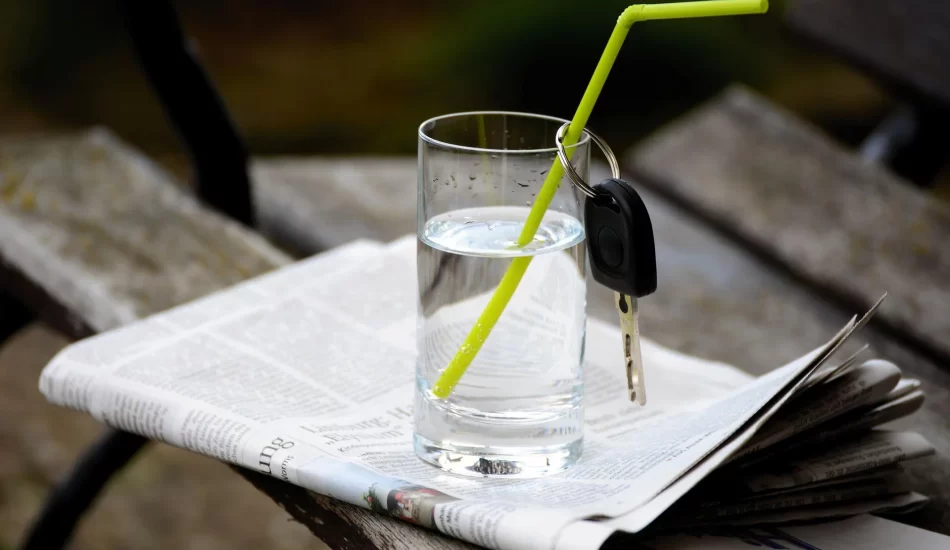
There are lots of things to consider if you are arrested for DUI, and some of those considerations are outlined below.
The very first thing you need to do is contact the DMV within 10 days of the date of the arrest. This is outlined on your Pink Temporary License, but often overlooked. Don’t overlook it. It is critical that you or an attorney contact the DMV within the appropriate time frame. You will lose important rights if you don’t.
The police will stop every motorist at some point. Perhaps it’s a broken taillight, a routine check, or you get pulled over under suspicion of driving under the influence (DUI). Whether or not you can be pulled over for DUI and let go depends on the level of alcohol and substance in your system, and how you manage the situation.
Have you been drinking or ingesting other substances that may impair your driving? Are you prepared to take tests to prove you are within the legal limits? If your answer to either of these questions is “No,” then your chances of getting pulled over for DUI and let go significantly diminish.
In this article, we’re going to talk about what to expect when you encounter police stops, how to handle the situation appropriately, and how a DUI attorney can help you.
First Things First
The best way to ensure that you don’t jeopardize your chances of getting pulled over for a DUI and let go is to use common sense and not drive when you have been drinking. If you get caught driving after excessive alcohol consumption, contact a qualified and competent defense attorney as soon as possible.
An experienced DUI lawyer like Louis J. Goodman will guide you through the California drink-driving regulations and provide legal support to offer you the best defense for your court case. If you have been arrested for DUI, get in touch with Louis J. Goodman today.
DUI Laws in California
California’s DUI laws are among the strictest in the nation. The legal limit for blood alcohol content (BAC) is 0.08%. If you’re caught driving with a BAC above that level, you can get arrested for DUI. It is illegal for those under 18 to drive with a BAC higher than 0.01%.
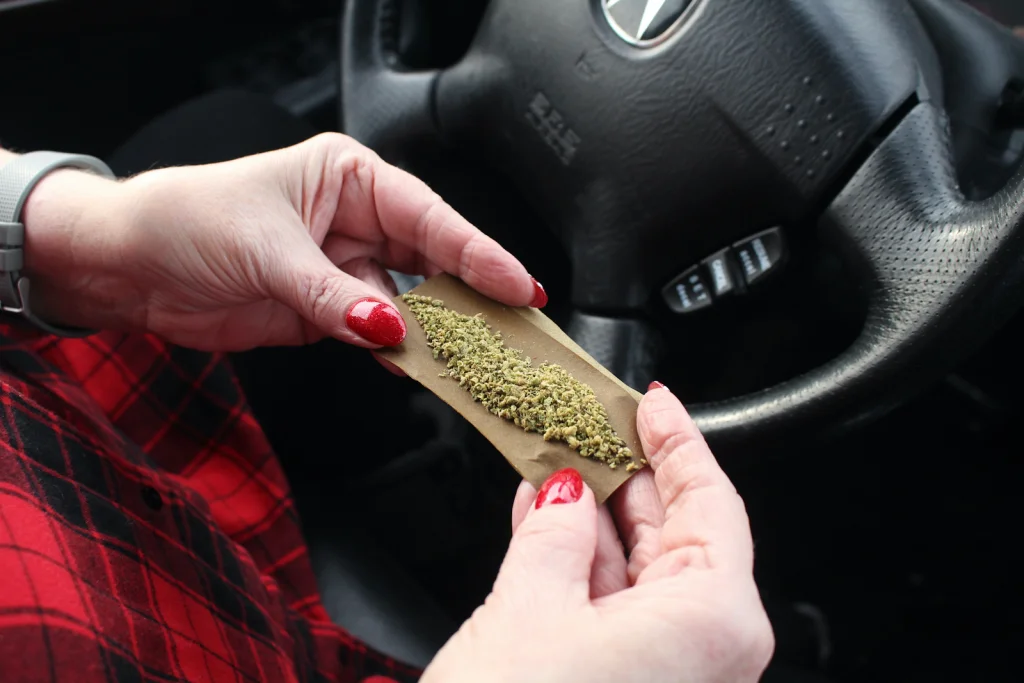
Additionally, in January 2022, California expanded its DUI regulatory framework to target an influx of alcohol and substance-impaired drivers. Taking the wheel when you have ingested any drug that affects your ability to drive safely is illegal. The law does not distinguish between illicit drugs, over-the-counter, or prescription drugs.
What You Need to Know About DUI Checks
Drivers can be pulled over under suspicion of DUI for many reasons, including swerving, erratic speed changes, and not signalling correctly. A stop is legal provided the police officer has reasonable cause to believe that the driver violated the law.
If the officer has no reason to believe you are under the influence, your DUI attorney can help you bring forth a motion to suppress which could result in case dismissal. Each DUI case is unique, though this is a general overview of how they commonly occur.
Getting Stopped
When you see the flashing lights coming up behind you, it’s important to find the nearest safe place to stop your vehicle. An officer that already suspects you of being drunk will watch you closely to assess whether there is reasonable suspicion for a DUI investigation. Your license plate number will be recorded, along with the events leading up to the DUI stop.
When the officer approaches, they will ask to see your driver’s license and vehicle registration. It’s a good idea to have these ready to hand over for inspection before the police agent arrives at the car. As you speak with the officer, they will search for clues to determine whether you have likely been drinking or ingesting illegal substances before (or while) driving. These clues can include poor balance, red and watery eyes, slurred speech, or the smell of alcohol on your breath.
Police Questioning
The police officer will ask you questions to gather information about the situation. Regardless of whether you’ve done anything wrong or are driving under the influence, stay calm and collected. The first question an officer will ask you is often “have you been drinking tonight?” or “how much have you had to drink tonight?”.
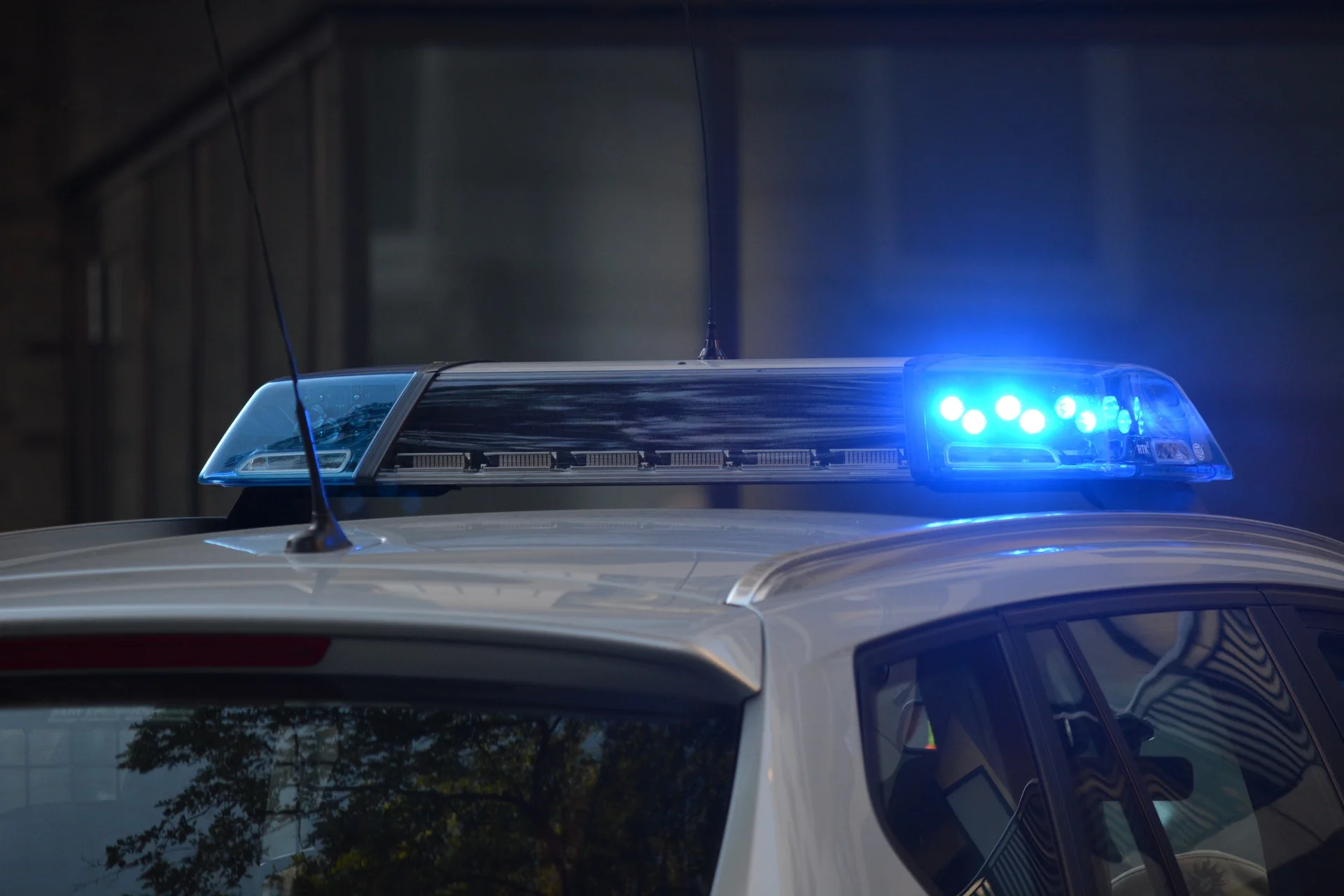
To offer an appropriate response to these questions, keep in mind the following:
Be Polite
While being pulled over on suspicion of DUI, be polite to the police. It will reduce your chances of having law enforcement actively trying to incriminate you. In contrast, if you were to be hostile, insincere, or rude to the officer, they may do everything in their power to get you convicted, including an implicating police report.
If the police officer asks you to step out of the vehicle, it’s advisable to comply with this request. Otherwise, you may face a charge of resisting arrest, plus a potential DUI.
Do Not Answer Incriminating Questions, But Don’t Lie
If you have been drinking, you may feel compelled to lie about it. However, if you’re getting pulled over for DUI the officer will likely test you even if you say you’ve had nothing to drink. Lying to an officer will make it to the police report. If you do find yourself in a criminal case, it’s not something the prosecution will overlook.
You have the right to remain silent, and any incriminating evidence you give can and will be used against you in court. Responding politely that you do not wish to answer any questions may lead to an automatic loss of license or an arrest, but the consequences may be significantly less hefty than a DUI arrest.
Police Tests
The law enforcement officer will ask you to do a series of tests, including field sobriety tests, a breathalyzer test, and potentially a blood or chemical test.
Field Sobriety Tests
The first is the field sobriety test (FST), in which officers look for clues that a driver is impaired. These tests were developed in the 1970s by the National Highway Traffic Safety Administration (NHSTA). Failure to complete one or more of the exercises is used as a reliable indicator that blood alcohol content is higher than 0.10%. A police officer may ask you to complete FSTs, including some or all of the following:
- Horizontal gaze nystagmus – Nystagmus is the term used to describe the involuntary jerking of the eyeballs. When an individual is impaired by alcohol or substances, the jerking tends to become more pronounced. The law enforcement officer will move an object 12-15 inches from your nose and move it from side to side to determine whether a probable cause for a DUI arrest is present.
- Walk and turn – This is a field sobriety test to determine your coordination and concentration. In this test, a police officer asks you to take nine heel-to-toe steps along a straight line, turn on one foot, and return in the opposite direction in the exact same manner. The officer may notice if you begin walking too soon, stop during the exercise, do not touch your heel to toe, step off the line, or take an incorrect number of steps.
- One-leg stand – This test is administered in two parts: instruction and performance. The officer will explain the test to you and ask if you understand the instructions before proceeding to the test. During this test, you are required to stand on one leg with your foot about six inches off the ground and balance. The law enforcement agents may take swaying, hopping, or putting your foot down as clues that you are impaired.
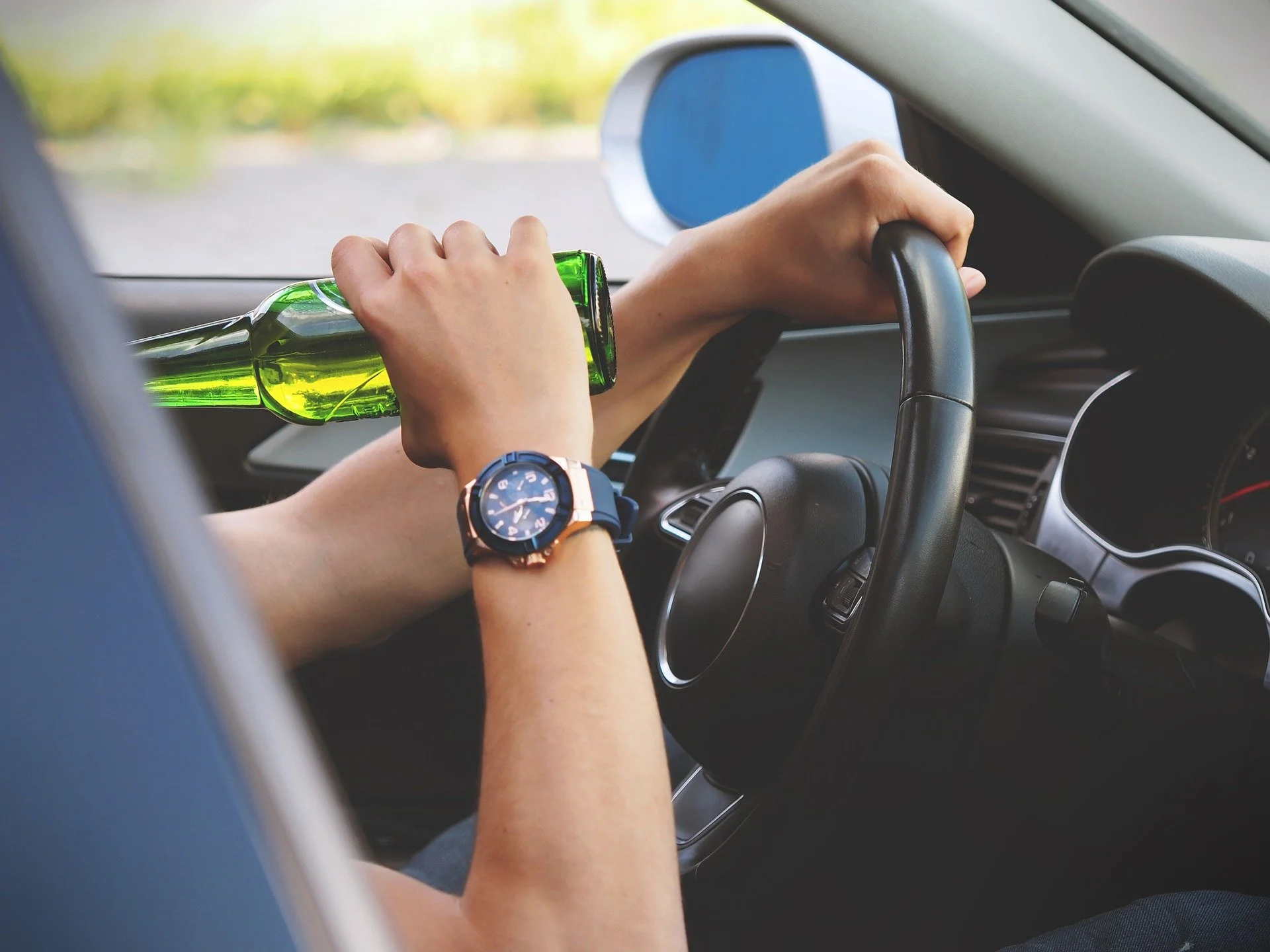
Breathalyzer Test
If the officer believes you are drunk, they will likely ask you to take a breathalyzer test to measure the amount of alcohol in your system. You will be asked to blow into a portable breath test (PBT) machine, which gauges your blood alcohol content.
These tests can be less reliable indicators than tests taken at a police station or hospital, but they provide a fast and simple way for an officer to determine whether there is any alcohol in your bloodstream, and approximately how much. If your BAC is .08 or above, you will be arrested for DUI and taken to the police station.
Blood Test
A blood test or chemical test is the most accurate way to measure your BAC. Most frequently it is taken at the hospital or police station and will show the drug or alcohol content of your bloodstream at the time of testing.
California has “implied consent,” which means that drivers lawfully arrested for DUI are required to do a mandatory blood or chemical test. If you refuse this test and your case goes to trial, the prosecution will use your refusal against you.
Can I Refuse Tests?
You are not under a legal obligation to complete the field sobriety tests or the breath analysis. However, if you refuse to take a test it’s regarded as an admission of guilt, and it may end in arrest.
When an individual obtains a state driver’s license in California, they are required to provide written consent to a breath test or blood test to determine the drug or alcohol content in their system when under lawful arrest for DUI. A motorist who declines a breath or blood test after a DUI arrest in California will have their driver’s license suspended for a year, even if the test turns out to be negative.
What Happens if I Get Arrested?
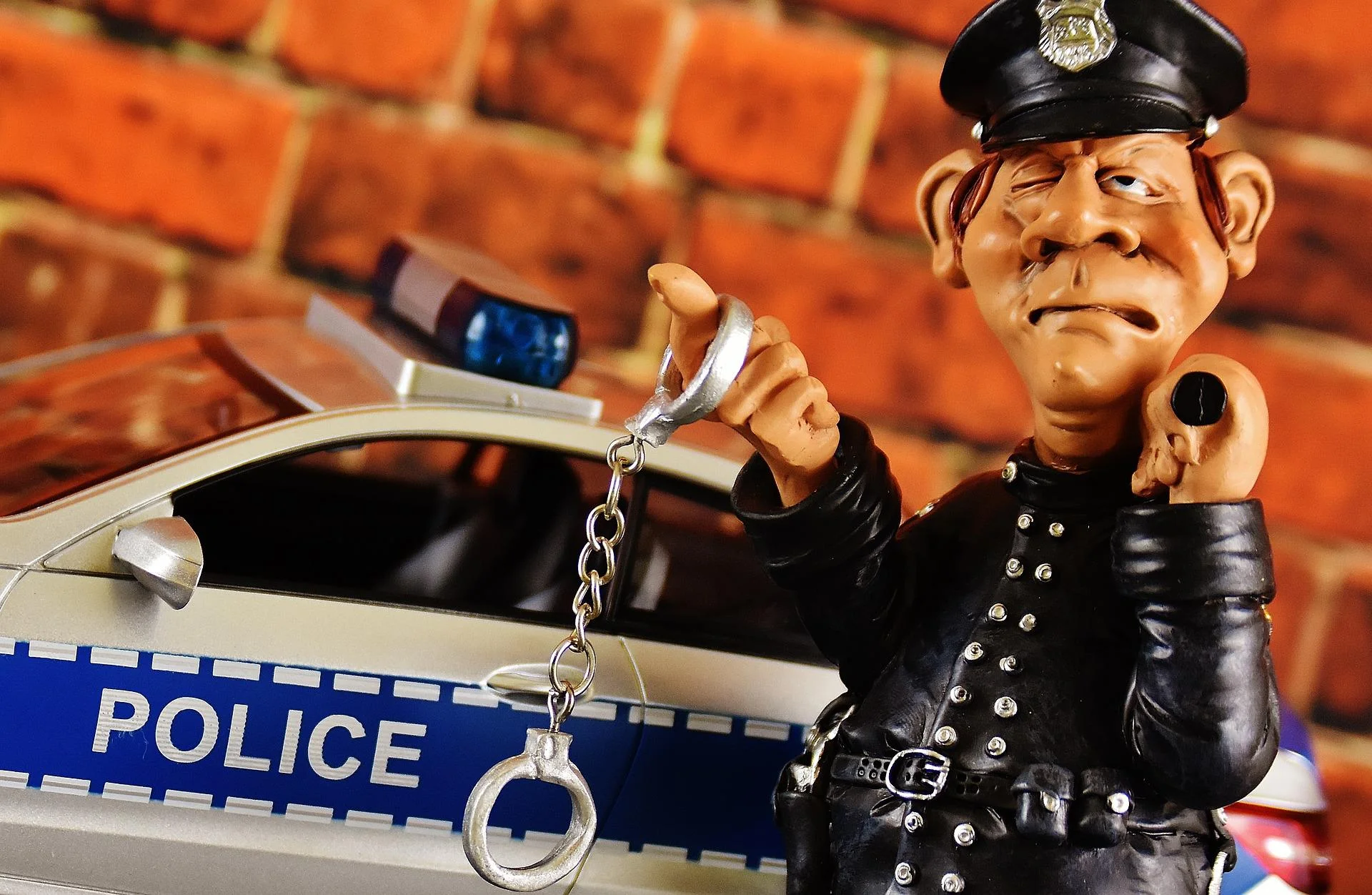
If you have refused testing or your results come out positive, you will likely be handcuffed and detained at the police station for at least 24 hours. This process may take longer depending on the severity of the situation.
Once your license has been taken and files have been sent to the state, you will be released and can go home. As early as possible, write down everything you can remember about what happened. This includes what you were doing before the arrest, how much you had to drink, how much time elapsed between drinking and driving under the influence, any instructions the police officer gave you, and whether you were read your Miranda rights. Then contact your DUI attorney as soon as possible.
A few months after you have been arrested for drunk driving, you will receive a court letter to determine any punishment you may obtain. By contacting a DUI defense lawyer early, you have the best chance of fair and accurate representation to protect your rights in court.
Final Thoughts
Police stops can be intimidating, especially when you know you’ve broken the law. The most effective way motorists can ensure they stay safely on the right side of the law is to simply not take the wheel after consuming alcohol or substances.
However, getting pulled over for a DUI and let go is not a likely outcome if you are over the legal BAC limit or the law enforcement officer has reason to suspect you are driving drunk. When you are facing DUI arrests for testing over the limit or refusing to get tested, contact Louis J. Goodman as soon as possible.
Louis J. Goodman has been representing DUI defense in California for over 20 years. He is proficient and knowledgeable about state laws, police reports, and constructing a reliable defense for defendants. With one of California’s best lawyers acting for you, you can trust your side of the story will be accurately represented in court.
Request A Free Case Evaluation
Fields marked with an * are required
"*" indicates required fields



